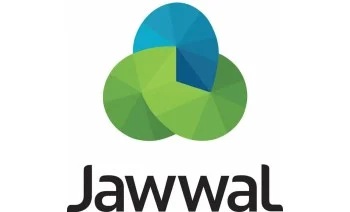As the world becomes increasingly interconnected, mobile networks play a pivotal role in shaping societies and economies. Among the regions making significant strides in this domain is Palestine. Palestinian mobile networks are not just bridging distances but also breaking barriers, fostering economic growth, and empowering communities.
This article delves into the transformative journey of Palestine’s telecommunications sector, exploring how it is revolutionizing connectivity in the region.
Understanding the Landscape of Palestinian Mobile Networks
The Palestinian telecommunications sector, despite its challenges, has witnessed remarkable growth over the years. The landscape is primarily dominated by two major players: Jawwal and Ooredoo Palestine. These providers have been instrumental in enhancing Palestine’s connectivity, offering an array of services from basic voice calls to high-speed internet access.


The Evolution of Mobile Networks in Palestine
The journey of mobile networks in Palestine is a story of resilience and innovation. The first mobile network, Jawwal, was launched in 1999, marking a significant milestone in Palestine’s telecommunication history. Over the years, the introduction of 3G and 4G services has further revolutionized the sector, enabling Palestinians to stay connected with the rest of the world.
Jawwal introduced an eSIM offer for their users in 2023.
Impact of Palestine Mobile Networks on Society and Economy
Palestine’s mobile networks have had a profound impact on various facets of society and the economy.
- Empowering Businesses: High-speed internet access has opened up new avenues for businesses, enabling them to reach a global audience and operate more efficiently.
- Enhancing Education: With the advent of e-learning, reliable internet connectivity has become crucial in shaping Palestine’s educational landscape.
- Boosting Economy: The telecom sector has significantly contributed to Palestine’s GDP and has created numerous job opportunities.
Challenges and Future Prospects
While Palestinian mobile networks have made significant strides, they face several challenges, such as political restrictions, infrastructure development, and spectrum availability. However, despite these hurdles, the future looks promising. With the potential introduction of 5G services and further expansion of digital services, Palestine’s telecom sector is poised for unprecedented growth.
Conclusion
In conclusion, Palestine mobile networks are playing a critical role in transforming the region’s digital landscape. They are bridging distances, breaking barriers, and paving the way for a connected future. As they continue to evolve and overcome challenges, they hold the promise of driving economic growth and societal progress in Palestine.



